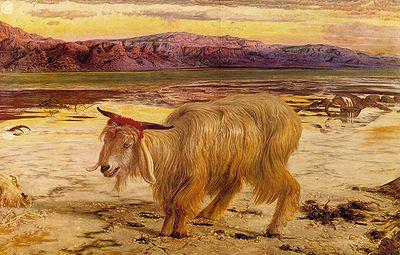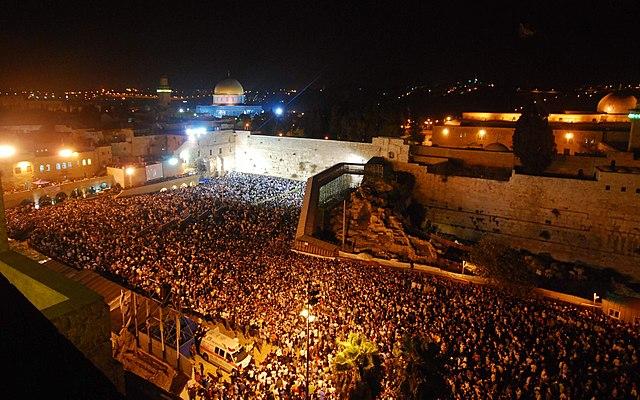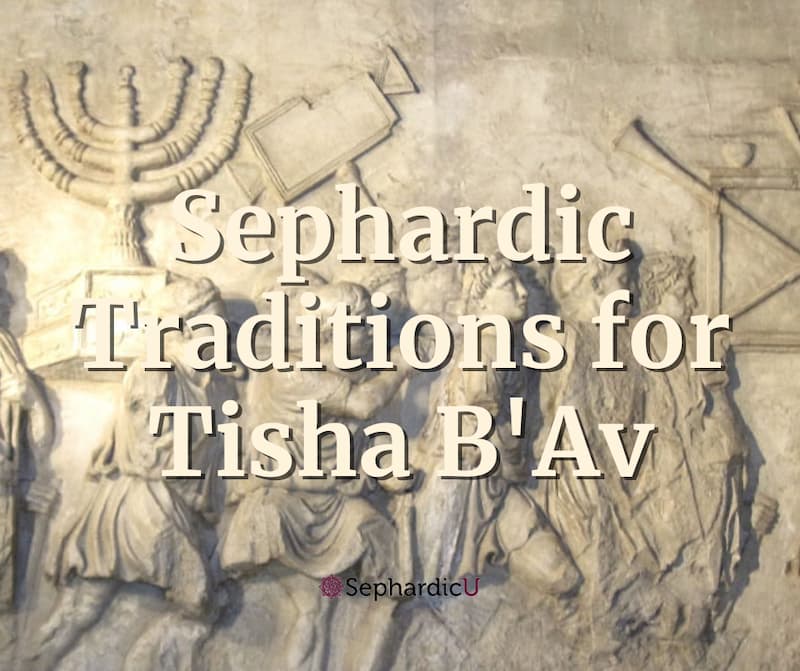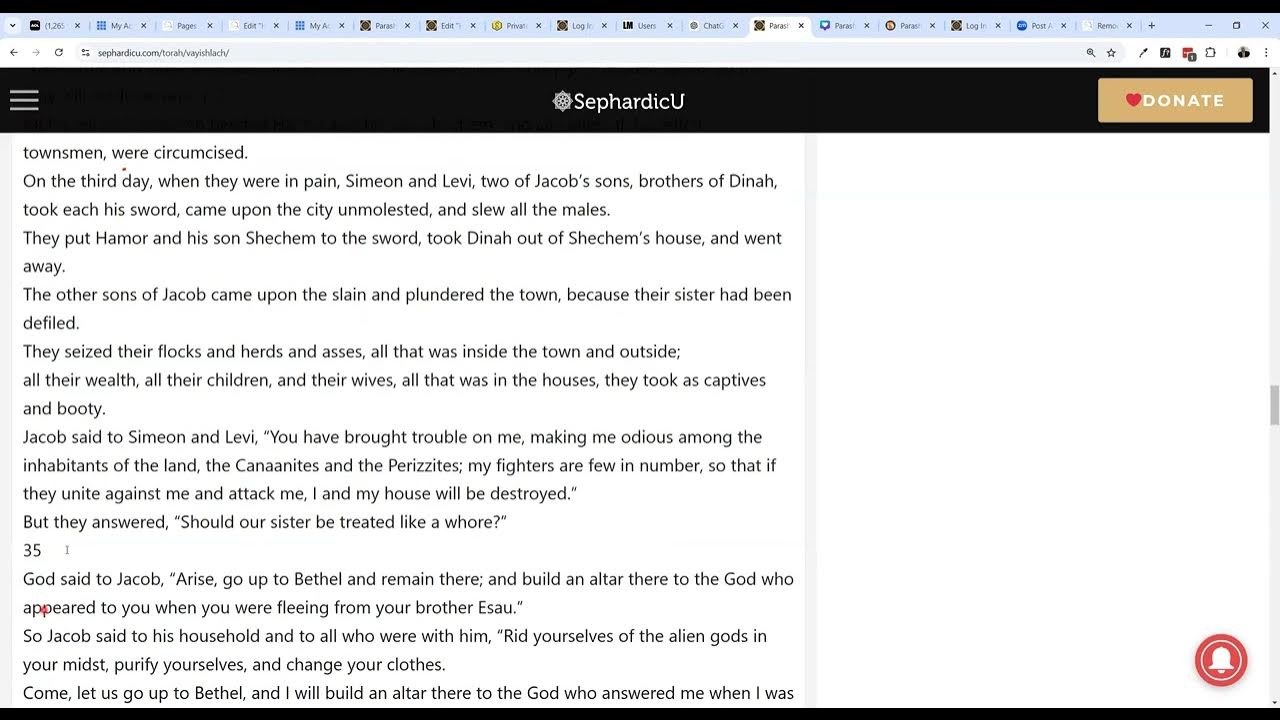| Aspect | Description |
|---|---|
| Parasha Number | The 29th Parasha in the Book of Leviticus (Vayikra). |
| Parasha Name | Aharei Mot (אַחֲרֵי מוֹת), translating to “After the death” in Hebrew, referencing the aftermath of the death of Aaron’s sons Nadab and Abihu and the Yom Kippur rituals. |
| Torah Book | Leviticus (Vayikra). |
| Number of Verses | Comprises 87 verses. |
| Number of Words | Approximately 1,594 words in the Hebrew text. |
| Primary Characters | Key figures include Moses, Aaron, and the priests, with God communicating instructions regarding the Yom Kippur rituals and laws concerning forbidden sexual relations. |
| Key Themes | Focuses on the Yom Kippur rituals, including the purification of the Tabernacle, the scapegoat ritual, and laws regarding forbidden sexual relationships. |
| Significant Events | Describes the rituals for Yom Kippur, including the purification of the Tabernacle, the casting of lots for the scapegoat, and the prohibition of certain sexual relations. |
| Notable Quotes | “For on this day shall atonement be made for you, to cleanse you; from all your sins shall ye be clean before the Lord.” (Leviticus 16:30) |
| Legacy | Parashat Aharei Mot contributes to the understanding of the Yom Kippur rituals and laws concerning forbidden sexual relations in Jewish tradition. |
| Relevance Today | The themes of atonement, ritual purity, and ethical conduct remain relevant in contemporary Jewish practice, guiding individuals in matters of personal and communal holiness. |
| Well-Known Stories | Include the Yom Kippur rituals, the purification of the Tabernacle, the scapegoat ceremony, and the laws concerning forbidden sexual relations. |
| Special Observances | Integral to synagogue services during Yom Kippur, prompting reflection on atonement, ritual purity, and ethical conduct. |
| Connections to Texts | Aharei Mot builds upon preceding narratives in Leviticus, particularly regarding Yom Kippur rituals and laws on sexual ethics, providing further guidelines for personal and communal holiness. |
| Theological Significance | Highlights the importance of atonement, ritual purity, and ethical conduct in Jewish life, emphasizing the need for personal and communal responsibility. |
Parashat Aharei Mot is the 29th weekly Torah portion in the annual Jewish cycle of readings, and it is also read on the holiest day of the Jewish year, Yom Kippur. The parasha is comprised of two main sections, one focusing on the death of Aaron’s sons, Nadav and Avihu, and the other detailing the Yom Kippur ritual.
The first section begins with a reminder of the tragic death of Nadav and Avihu, who were consumed by fire when they brought an unauthorized offering before God. The Torah goes on to describe the strict regulations that Aaron and his descendants must follow when entering the Holy of Holies, the innermost sanctuary of the Tabernacle, which was considered the dwelling place of God.
This section serves as a reminder of the importance of following God’s commandments and the severity of deviating from them. The story of Nadav and Avihu is a cautionary tale about the dangers of approaching God with irreverence and disregard for his instructions. It is also a testament to the holiness of the Tabernacle and the reverence that must be shown to the sacred space.
The second section of Parashat Aharei Mot focuses on the Yom Kippur ritual, the most solemn and important day on the Jewish calendar. Yom Kippur is a day of fasting and introspection, and it is the only day of the year when the High Priest is allowed to enter the Holy of Holies to make atonement for the sins of the people.
The Yom Kippur ritual is described in great detail, including the preparation of the High Priest, the sacrifices that are offered, and the use of the two goats, one of which is sacrificed and the other of which is sent into the wilderness as a symbol of the people’s sins being carried away. This section also emphasizes the importance of repentance and the need for individuals to take responsibility for their actions and seek forgiveness.
Parashat Aharei Mot is a powerful reminder of the importance of following God’s commandments and the seriousness of deviating from them. It is also a testament to the power of repentance and the need for individuals to take responsibility for their actions and seek forgiveness. The Yom Kippur ritual serves as a reminder of the importance of introspection and atonement, and the need to strive for a closer relationship with God.
Overall, Parashat Aharei Mot provides a rich and complex understanding of the Jewish faith, emphasizing the importance of following God’s commandments and the power of repentance and atonement. It is a testament to the deep spiritual and moral values that are at the heart of the Jewish tradition, and it serves as an inspiration for all individuals seeking a closer relationship with the divine.
אחרי מות
ויקרא ט״ז:א׳-י״ח:ל׳
Aharei Mot
Leviticus 16:1-18:30
יחזקאל
כ״ב:א׳-ט״ז
Ezekiel
22:1-16
Aharei Mot
more on Parashat Parashat Acharei Mot: Holiness & Atonement
Quick Guide: The Five Books of Moses
| Genesis | Exodus | Leviticus | Numbers | Deuteronomy |
|---|---|---|---|---|
| Bereshit (1:1-6:8) |
Shemot (1:1-6:1) |
Vayikra (1:1-5:26) |
Bemidbar (1:1-4:20) |
Devarim (1:1-3:22) |
| Noach (6:9-11:32) |
Va'era (6:2-9:35) |
Tzav (6:1-8:36) |
Naso (4:21-7:89) |
Va'etchanan (3:23-7:11) |
| Lech Lecha (12:1-17:27) |
Bo (10:1-13:16) |
Shemini (9:1-11:47) |
Behaalotecha (8:1-12:16) |
Ekev (7:12-11:25) |
| Vayera (18:1-22:24) |
Beshalach (13:17-17:16) |
Tazria (12:1-13:59) |
Shelach (13:1-15:41) |
Re'eh (11:26-16:17) |
| Chaye Sarah (23:1-25:18) |
Yitro (18:1-20:23) |
Metzora (14:1-15:33) |
Korach (16:1-18:32) |
Shoftim (16:18-21:9) |
| Toledot (25:19-28:9) |
Mishpatim (21:1-24:18) |
Achare Mot (16:1-18:30) |
Chukat (19:1-22:1) |
Ki Tetze (21:10-25:19) |
| Vayetze (28:10-32:3) |
Terumah (25:1-27:19) |
Kedoshim (19:1-20:27) |
Balak (22:2-25:9) |
Ki Tavo (26:1-29:8) |
| Vayishlach (32:4-36:43) |
Tetzaveh (27:20-30:10) |
Emor (21:1-24:23) |
Pinchas (25:10-30:1) |
Nitzavim (29:9-30:20) |
| Vayeshev (37:1-40:23) |
Ki Tisa (30:11-34:35) |
Behar (25:1-26:2) |
Matot (30:2-32:42) |
Vayelech (31:1-30) |
| Miketz (41:1-44:17) | Vayakhel (35:1-38:20) |
Bechukotai (26:3-27:34) |
Masei (33:1-36:13) |
Haazinu (32:1-52) |
| Vayigash (44:18-47:27) |
Pekude (38:21-40:38) |
V'Zot HaBeracha (33:1-34:12) |
||
| Vayechi (47:28-50:26) |











